-
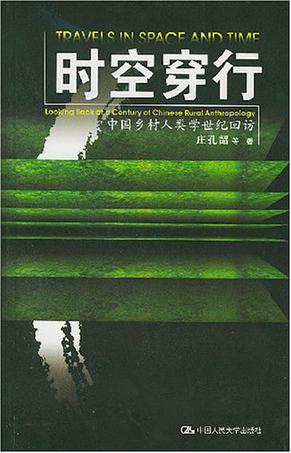
时空穿行
《时空穿行(中国乡村人类学世纪回访)》对20世纪80年代以来中国云南大理西镇、广东潮州凤凰村、华南茶山等八个代表性乡村田野进行调查,探讨了中国乡村文化的多样性、宗族制度、农民社会等课题。 -
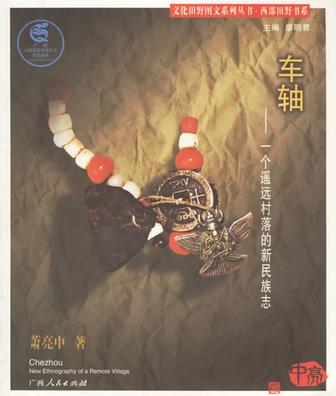
车轴
本书采用随笔的写法,通过图文并茂的形式传达来自田野的文化信息。在注重细节真实和情节生动的同时讲求文字简洁流畅;对图片的处理,力求用有形的设计来表现无形的语言,使图片和文字有机地结合,相得益彰,体现了传统与现代的完美统一。本书讲述的是在田野考察中发生的故事与感受,记录的是在田野考察中采访的人和事。其最大的优点在于能够让田野中的人与物活起来,让田野中的景和情动起来,读者听到的不仅是调查者个人的独白,还能听到来自访谈对象的声音;读者了解到的不仅是调查者考察的结果,而且能看到调查者与被调查者在考察中的互动与交流,并带给读者许许多多来自田野的文化信息以及强烈的心灵共鸣,从而使读者能够跟随作者一起行走在文化的田野上。 本书是《文化田野图文系列丛书·西部田野书系》中的一册,是在对云南中甸金沙江边一个典型的多民族聚居村落缜密的田野调查基础上撰写而成的。作者延承了人类学对家族、信仰等的经典探讨,又对地方文献、文物、口碑资料进行饶有兴致的调查考证,还对今日地方族群生活常态及社区文化变迁有着细致、有趣的描述。作者首次总结了当地的“家号”体系,提出了“家族袭夺”等新的概念,最后分析了地方社区历史变迁的分期范式。 -
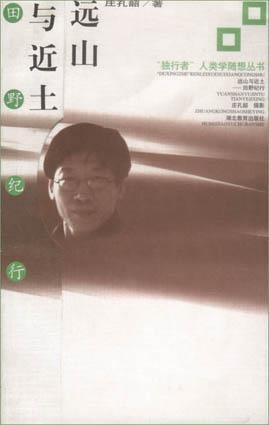
远山与近土--田野纪行
-
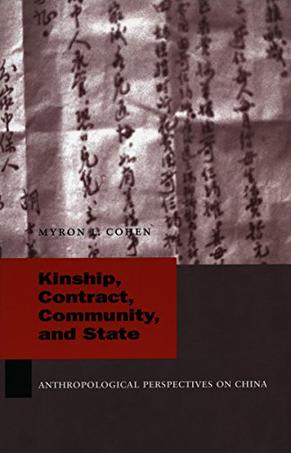
Kinship, Contract, Community, And State
This book examines major areas of late imperial Chinese culture, and their relation to Chinese culture today, focusing on the competence and sophistication of ordinary people. The work provides an overview of late imperial society and its responses to forces for change. Its ethnographically rich treatment of changes in family life under Communist rule is based on the author's fieldwork. Kinship beyond the family is treated through comparisons of the author's fieldwork sites in China and Taiwan. In dealing with the use of contracts and commodification within one community setting, it illuminates the broader economic culture of late imperial China. This book powerfully confirms that China's modernity has deep roots in its own tradition, and in doing so offers an excellent introduction to the anthropological view of China. -
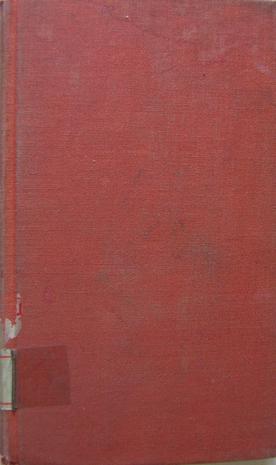
Peasant Society and Culture
-
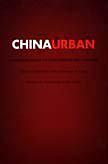
China Urban
China Urban is an ethnographic account of China’s cities and the place that urban space holds in China’s imagination. In addition to in vestigating this nation’s rapidly changing urban landscape, its contributors emphasize the need to rethink the very meaning of the “urban” and the utility of urban-focused anthropological critiques during a period of unprecedented change on local, regional, national, and global levels. Through close attention to everyday lives and narratives and with a particular focus on gender, market, and spatial practices, this collection stresses that, in the case of China, rural life and the impact of socialism must be considered in order to fully comprehend the urban. Individual essays note the impact of legal barriers to geographic mobility in China, the proliferation of different urban centers, the different distribution of resources among various regions, and the pervasive appeal of the urban, both in terms of living in cities and in acquiring products and conventions signaling urbanity. Others focus on the direct sales industry, the Chinese rock music market, the discursive production of femininity and motherhood in urban hospitals, and the transformations in access to healthcare. China Urban will interest anthropologists, sociologists, political scientists, and those studying urban planning, China, East Asia, and globalization.